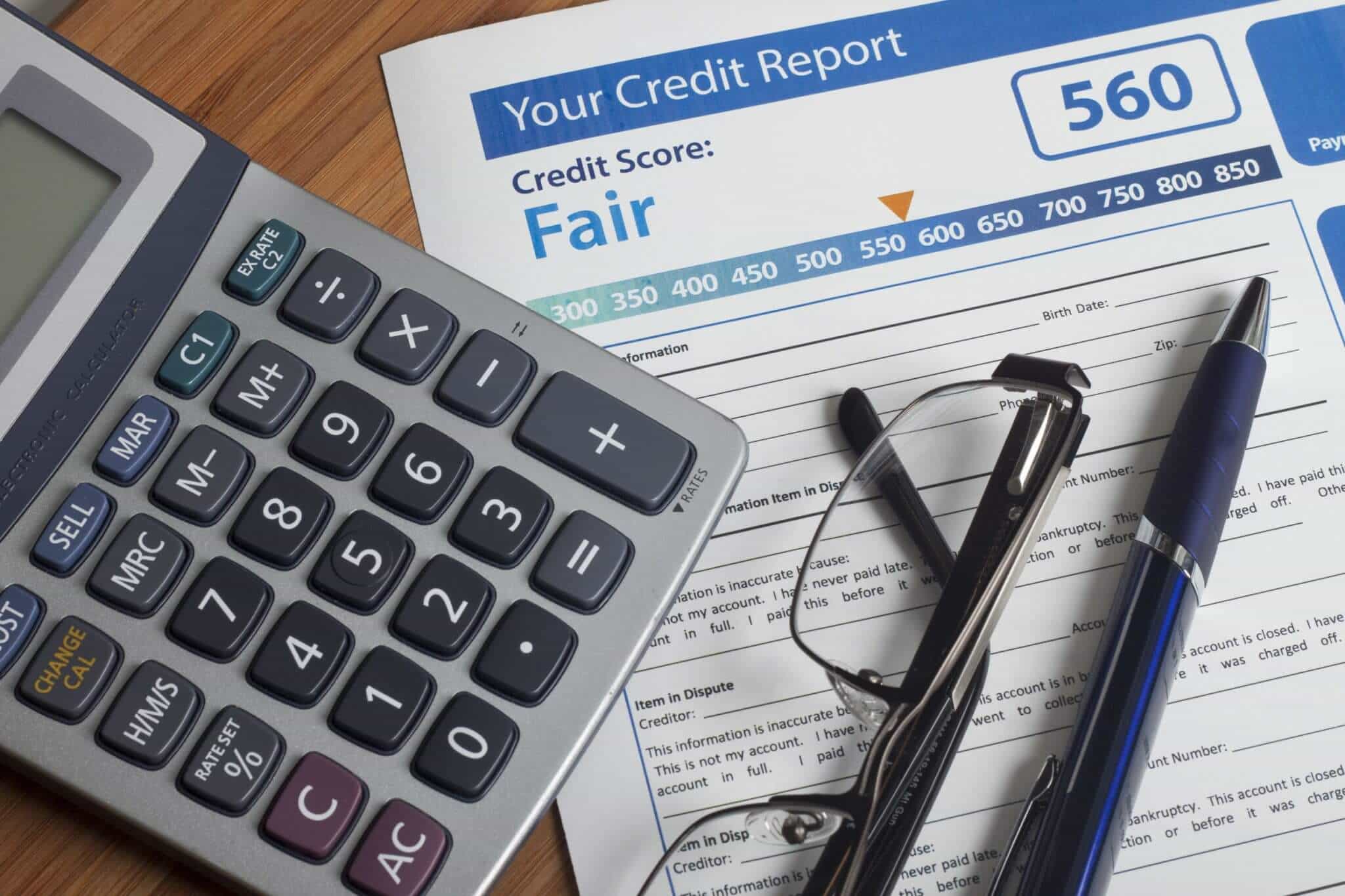When it comes to financial troubles, managing debt can be a crucial step in getting back on
track. High levels of debt can make it harder to weather a financial crisis and can put a strain on
your finances. It’s important to focus on paying off high-interest debt first and to avoid taking on
new debt.
The first step in managing debt is to make a list of all of your debts, including the creditor, the
interest rate, and the minimum monthly payment. This will give you a clear picture of how much
you owe and to whom. Once you have a clear picture of your debt, you can start to create a
plan to pay it off.
One way to pay off debt is to focus on paying off high-interest debt first. High-interest debt, such
as credit card debt, can quickly add up and can be difficult to pay off. By focusing on paying off
high-interest debt first, you can save money on interest charges and get out of debt faster.
Another way to pay off debt is to increase your income. This can be done by getting a second
job, starting a side business, or asking for a raise at work. By increasing your income, you’ll
have more money to put towards paying off your debt.

You can also consider consolidating your debt. Consolidating your debt means taking out a loan
to pay off multiple debts. This can be a good option if you have high-interest credit card debt, as
it can lower your interest rate and make it easier to pay off your debt.
It’s also important to avoid taking on new debt while you’re trying to pay off your existing debt.
This means not using credit cards or taking out loans while you’re trying to get out of debt. It’s
also important to avoid using your home equity or retirement savings to pay off debt.
It’s also important to be patient when trying to pay off debt. Paying off debt can take time, and
it’s important to stay focused and motivated. Remember, every payment you make brings you
closer to being debt-free.
Another important aspect is to communicate with your creditors. If you are having trouble
making your payments, it’s important to communicate with your creditors. They may be willing to
work with you to come up with a payment plan or to lower your interest rate.
Lastly, it’s important to have a budget. A budget can help you understand your income and
expenses, so you can make informed decisions about how to manage your money. It will also
help you identify areas where you can cut back on expenses, so you can free up more money to
put towards paying off debt.
You may also love to read this:
GET PAID TO DO SIMPLE LIVE CHAT







